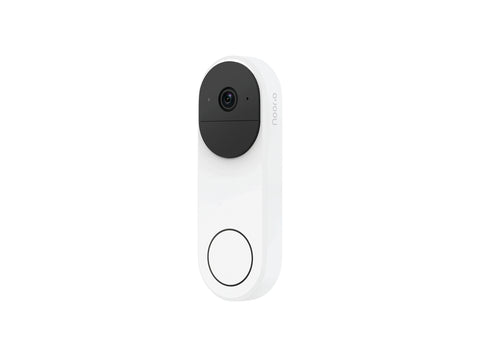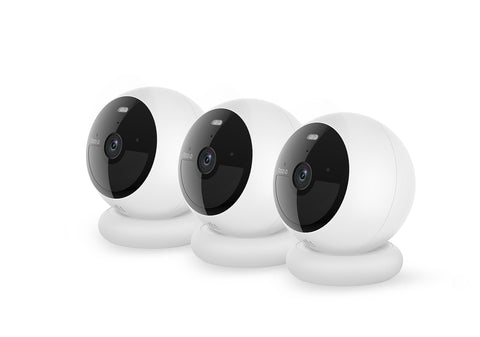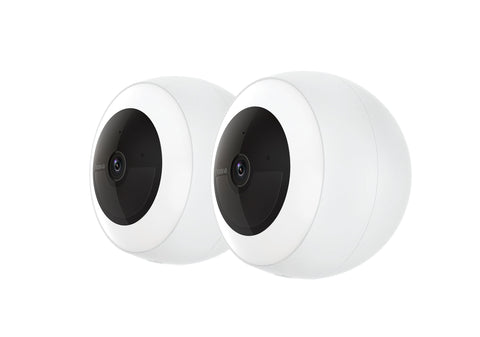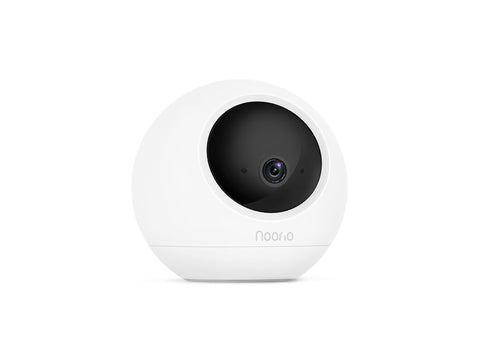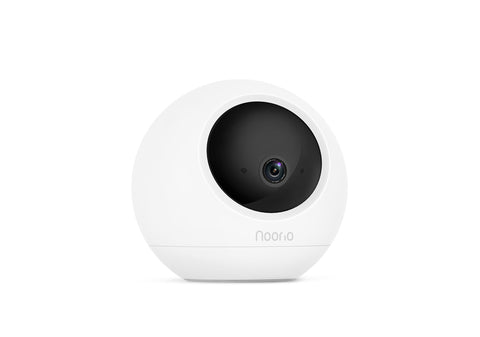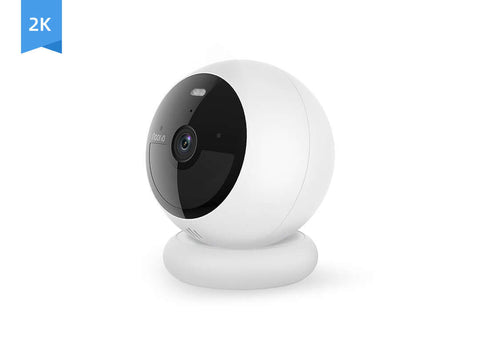However, some people are concerned about how these cameras record and store data. They worry that they are watched all the time or that the footage is being used to track their movements.
In this article, we will explore these concerns and discuss whether or not home security cameras invade your privacy. We will also provide some tips on how to deal with any worries you may have about surveillance. Besides, we will introduce the State and local restrictions on home security camera Placement.
Privacy concerns with using home security cameras
There are many privacy concerns about using home security cameras. These cameras can often be seen as a way to spy on people, and there have been cases where people have been accused of crimes because footage from the cameras was used in court. This can lead to feelings of invasion of privacy, and it can be not easy to get the footage if you want it. In summary, these things include:
- The potential for cameras to be hacked and footage accessed without your consent.
- The use of cameras by landlords or employers to monitor tenants or employees.
- The use of facial recognition technology by some cameras, which raises concerns about government surveillance and discrimination.
- The use of cameras in common areas such as hallways and elevators in apartment buildings, which some residents may find intrusive. In addition, camera footage can often be shared with third parties without the consent of the people being filmed.
- Storing and sharing footage with third parties, including the police, without the knowledge or consent of homeowners.
State and local restrictions on home security camera placement you should know
In the United States, the laws governing the use of home security cameras are primarily state and local laws, as well as federal laws.
- Privacy laws: The federal Wiretap Act (18 U.S.C. § 2511) makes it illegal to intercept any oral, wire, or electronic communication without the consent of at least one party to the communication. It means that it is illegal to use security cameras to record audio without the consent of the people being recorded. In addition, many states have their own wiretap laws that may provide additional protection. For example, in California, the Invasion of Privacy Act (Cal. Penal Code § 630 et seq.) prohibits secretly recording or eavesdropping on any confidential communication, including face-to-face and telephone conversations.
- Placement restrictions: Many jurisdictions in the United States have laws prohibiting the placement of security cameras in certain areas. For example, in California, California Penal Code Section 602.8 makes it illegal to place security cameras on someone else's property without their permission.
- Notification requirements: Some jurisdictions in the United States require homeowners to notify their neighbors or the community when installing security cameras on their property. For example, in the City of Chicago, the Chicago Municipal Code Title 17-4-0105-A requires homeowners to post a sign on their property if they have security cameras installed.
- Use of footage: Some U.S. states have laws restricting how footage from security cameras can be used. For example, the Fourth Amendment to the U.S. Constitution protects against unreasonable searches and seizures, so footage from security cameras generally cannot be used as evidence in a criminal trial without a warrant.
It is important to note that laws can vary widely in different states and municipalities within the U.S., so it is important to check with your local authorities for the specific laws and regulations that apply to your area. In addition, it's always a good idea to consult with an attorney familiar with the legal issues surrounding home security cameras to ensure that you are in compliance with all applicable laws and regulations.
Of course, if you are an average consumer, you do not need to worry about these issues. If security cameras can be sold in this state, then you need to be aware of the issues in using them. Just strike a balance between respecting privacy and ensuring security.

Notification Requirements for Home Security Cameras
There are a few things you should know about security cameras for home before you decide if they're necessary for your family:
- First, most cameras can't actually see through walls or windows, so they won't be able to help detect someone if they're already inside your home.
- Second, many cameras also require a direct line of sight to work properly, which means that if the camera is pointed away from the entrance or exit door, it won't be able to send pictures or video back to the monitor.
- Finally, some people worry that having cameras spying on them 24/7 makes them feel like they're under constant surveillance. However, most security footage is only stored for 3 to 15 days(according to your SD card storage) and is automatically deleted.
Let's say you're on the fence about installing home security cameras. In that case, it's a good idea to talk to a security professional who can help you decide which cameras are best for your specific needs.
Conclusion
While the benefits of having a home security system are undeniable, it is important to weigh the pros and cons before making any decisions.
One of the biggest concerns people have is that their privacy will be violated by the cameras. However, personal privacy laws vary from state to state, so it is important to research your specific situation before signing up for a home security system.
In the end, if you are happy with the way your home security system is operating and feel that it does not invade your privacy excessively, then there is no reason not to go ahead and sign up.
